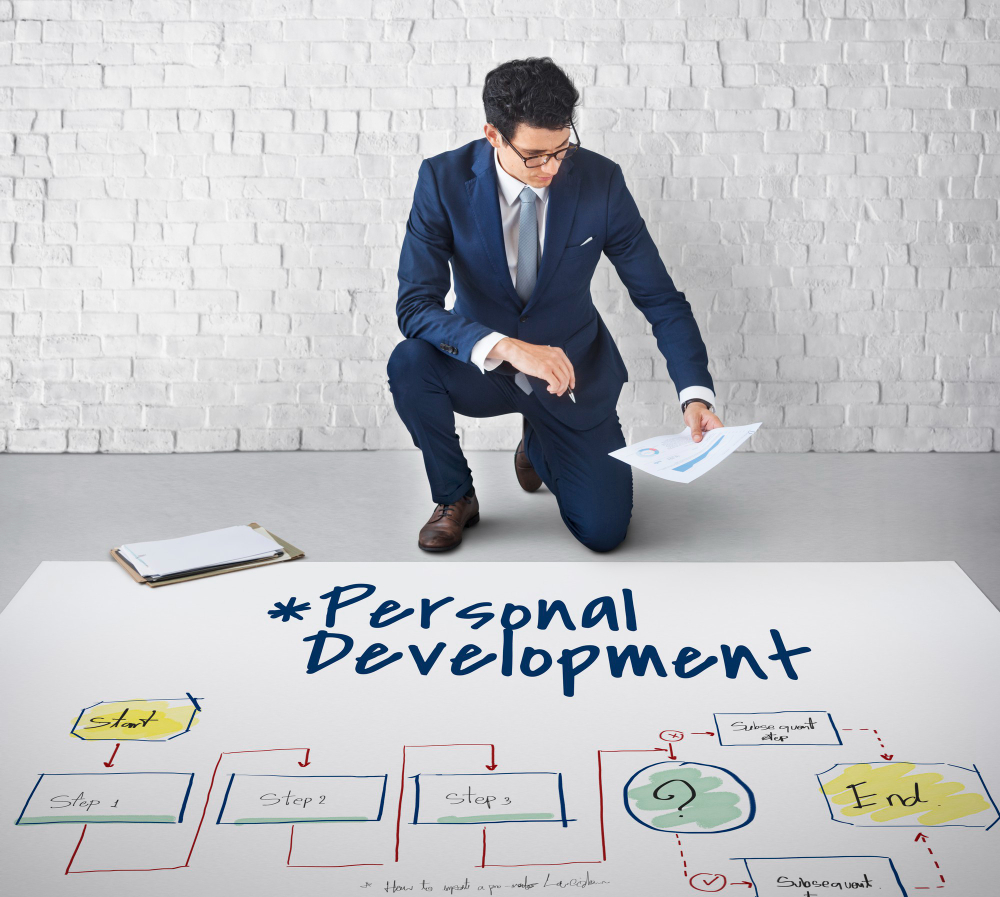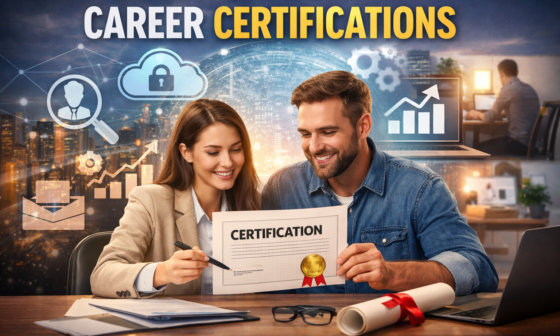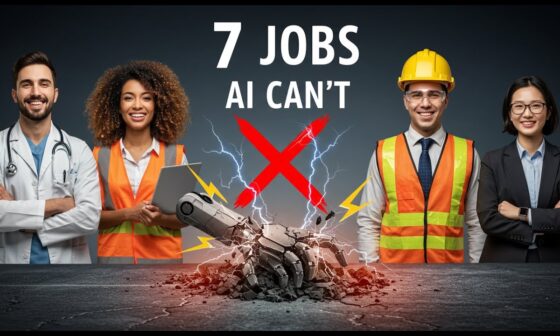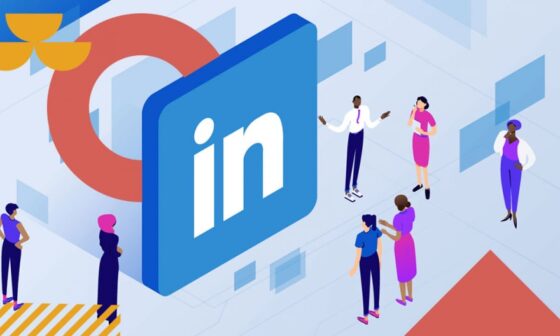Introduction
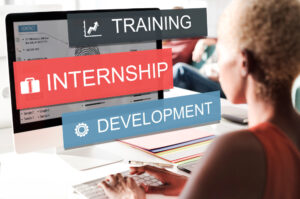
In a world where technology, AI, and market demands change at lightning speed, career & skill development isn’t optional anymore — it’s a necessity. Whether you’re a student, recent graduate, or professional pivoting fields, investing intentionally in your skills today will determine where you stand five years from now.
In this blog post, we’ll explore what “career & skill development” really means in 2025, what skills are in demand, and how you can build a roadmap tailored to you. Expect research insights, practical steps, and tools you can try right now.
Why Career & Skill Development Matters More Than Ever
Changing skill demands & instability
- The Future of Jobs Report 2025 warns that about 39% of skill sets currently in use will be transformed or become obsolete by 2030. (World Economic Forum)
- Employers report that analytical thinking, resilience, adaptability, and tech literacy (especially AI or data skills) are among the most wanted skills in 2025.
- According to the LinkedIn Workplace Learning Report 2025, one of the biggest challenges is lack of time and resources for career learning.
In other words: if you don’t evolve, your skills may fall behind.
The rise of skill-based hiring
Traditional credentials (like degrees) are no longer the only route. In many fields — especially AI, fintech, and green tech — employers now value demonstrable skills over formal diplomas. (arXiv)
For many, that means micro-credentials, Bootcamps, and hands-on projects can be just as powerful as a degree — if they’re well aligned with demand.
Key Areas in Career & Skill Development (2025 Edition)
Below are major pillars you should consider building around.
| Pillar | What It Means | Why It’s Important | Example Tools / Methods |
|---|---|---|---|
| Core (Durable) Skills | Soft skills like critical thinking, communication, adaptability, leadership | Hard tech skills can shift — these soft skills remain relevant across jobs | Practice in team settings, public speaking clubs, mentorship |
| Technical & Digital Skills | AI, data analytics, cybersecurity, programming, cloud tools | These are among the fastest-growing skill sets globally | Online courses (Coursera, Udacity), IBM SkillsBuild |
| Lifelong Learning & Up/Reskilling | Always be acquiring new knowledge; pivot when needed | Because careers won’t be one path — many will “rebundle” skills mid-career | Stackable credentials, micro-certs, mentoring, MOOCs |
| Internal Mobility & Cross-Functional Growth | Be able to move sideways in companies, combine domains | Many opportunities come via lateral moves, not just promotions | Job rotations, internal projects, networking |
| Personal Branding & Portfolio | Show what you can do, not just what you’ve done | Helps recruiters see your impact, not just titles | Portfolio website, GitHub, case studies, LinkedIn presence |
How to Build Your Own Roadmap for Career & Skill Development
Here’s a step-by-step framework you can apply now:
1. Self-assess & identify gaps
- Use tools like skill assessments or self-audit: what are your strengths? Where do you get stuck?
- Compare against job descriptions in your field of interest — note repeated demands.
2. Set SMART learning goals
- Specific, Measurable, Achievable, Relevant, Time-bound
- Example: “Learn Python for data analysis and build a small dataset project in 3 months.”
3. Choose learning formats
- Mix and match: online courses, Bootcamps, peer learning, hands-on side projects
- Use platforms like IBM SkillsBuild for accessible credentials
4. Apply skills immediately
- Theory is great, but the real growth happens when you use what you learn.
- Build side projects, volunteer, freelance, or challenge yourself in your current role.
5. Get feedback & iterate
- Use mentors, peers, or community critique to refine your work.
- Reassess every 3–6 months — what’s working? What’s outdated?
6. Showcase your work
- Create a portfolio or case studies
- Link to real projects, metrics, or outcomes
- Use social proof, testimonials, certifications
7. Stay agile & future-ready
- Be ready to pivot; industries evolve quickly
- Stay curious, always watch emerging trends like AI, climate tech, and automation
Real-World Examples & Trends
- Many organizations now embed career development in corporate DNA: they support internal mobility, skills tracking, and learning budgets. (LinkedIn Learning)
- Research from McKinsey shows that due to rapid tech advances, up to 61% of companies still plan workforce strategy only year-by-year — meaning future planning is scarce. Soft skills are rising in importance — a Harvard Business Review article finds that people strong in soft skills tend to earn more and move faster.
These trends underline the need for both hard skills and adaptability in your career toolkit.
Practical Tips: Beginner to Advanced
Here’s a tiered approach to put this into action:
For Beginners
- Pick one core skill (e.g. communication or digital literacy) and commit 1 hour daily
- Join free platforms: MOOCs, open-source community, LinkedIn Learning
- Start small projects: build something on your own
Intermediate
- Enroll in a micro-credential or certificate
- Volunteer or freelance to apply skills
- Seek a mentor and request feedback consistently
Advanced / Professionals
- Read industry reports, white papers, and research (like the Future of Jobs 2025)
- Advocate for internal learning programs in your org
- Teach or mentor — teaching is a powerful learning tool
How Monixpad Supports Your Growth
At Monixpad, we don’t just connect you to funding — we believe education goes hand-in-hand with career & skill development. We:
- Provide curated scholarship and funding opportunities
- Share guides, courses, and upskilling resources
- Feature success stories and learn-by-doing content
- Encourage you to blend financial aid with career upskilling
Your scholarships should fuel not just your studies — but your long-term trajectory.
Conclusion
Career & skill development in 2025 is about more than adding buzzwords to your résumé. It’s about consciously building a future-proof skillset — blending durable soft skills with technical competencies, staying curious, and continuously evolving.
Begin with self-reflection, set learning goals, apply what you learn, and showcase your progress. Over time, you’ll notice your confidence grow, new paths open, and your capacity to adapt thrive.
The only constant is change — make sure you’re growing with it.
